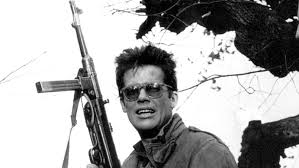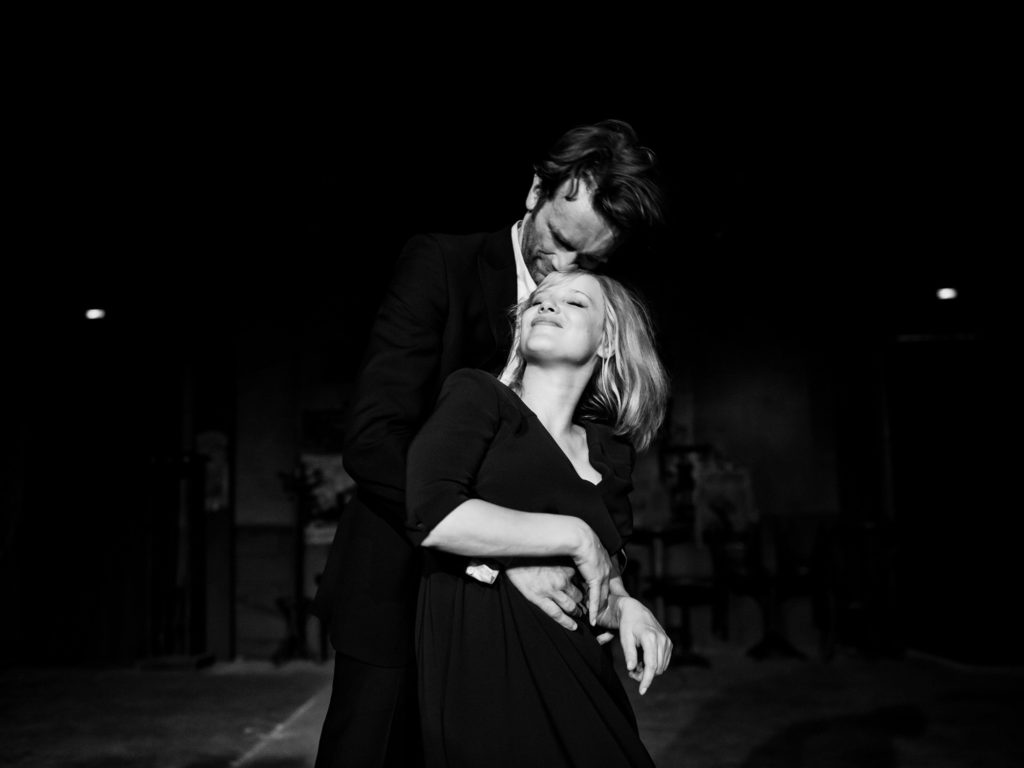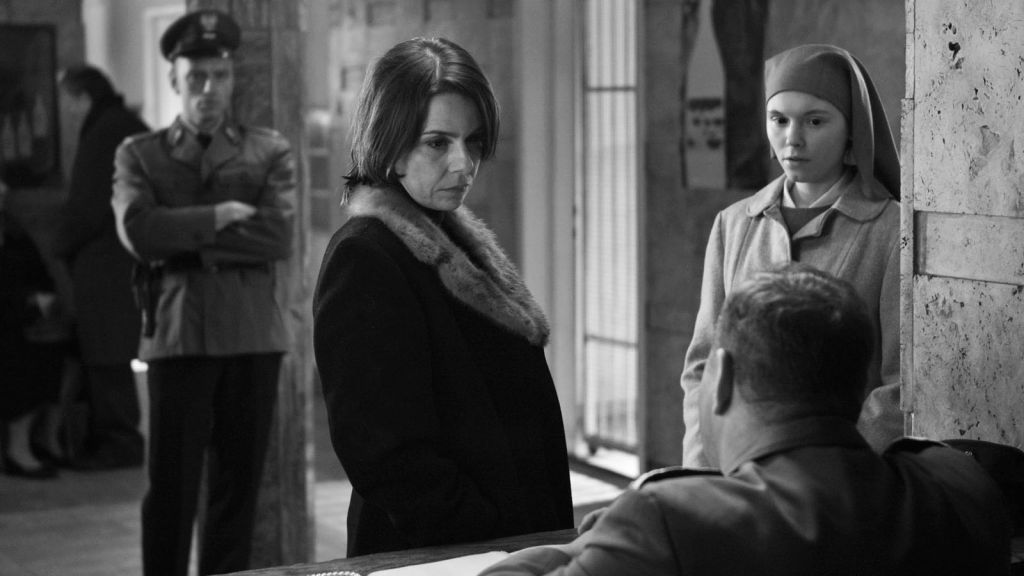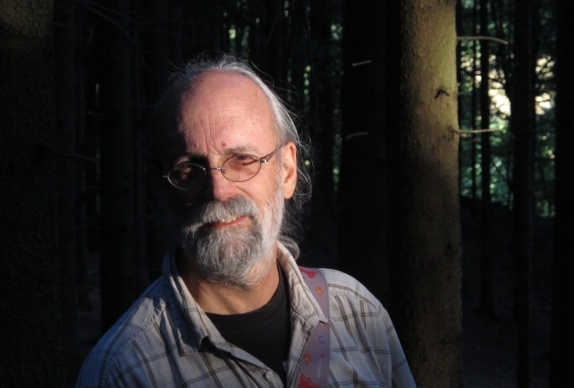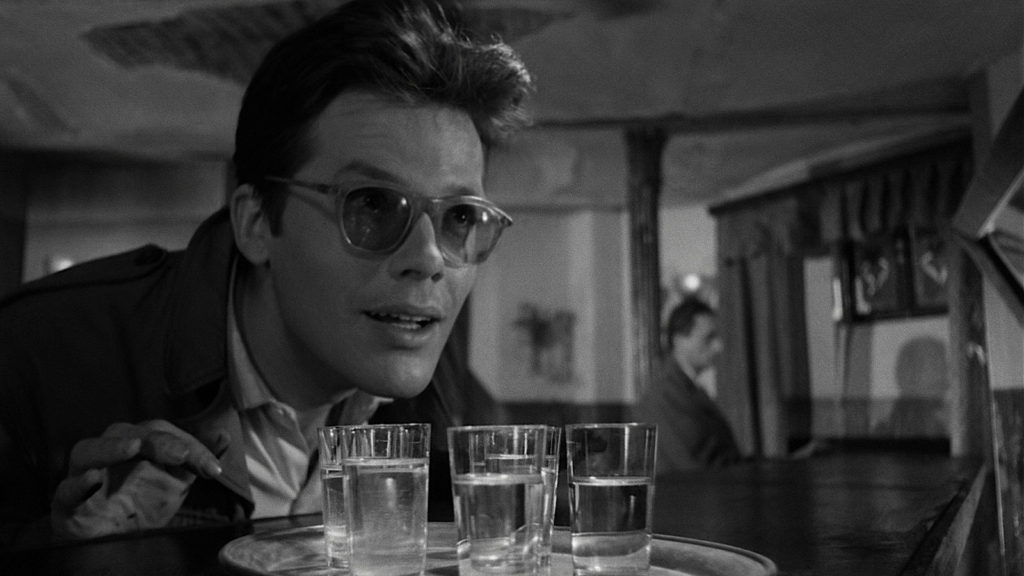
Coming up November 15 on Turner Classic Movies, a masterful director and his charismatic star ignite the war-end thriller Ashes and Diamonds, set amidst war-end treachery. It’s one of my Overlooked Noir.
It’s the end of WW II and the Red Army has almost completely liberated Poland from the Nazis. The future governance of Poland is now up in the air, and the Polish resistance can now stop killing Germans and start wrestling for control. Maciek (Zbigniew Cybulski) is a young but experienced soldier in the Resistance. His commanders assign him to assassinate a communist leader.
Maciek is very good at targeted killing, but he’s weary of it. As he wants out, he finds love. But his commander is insisting on this one last hit.
This is Zbigniew Cybulski’s movie. Often compared to James Dean, Cybulski emanates electricity and unpredictability, Unusual for a leading man, he often wore glasses in his screen roles. He had only been screen acting for four years when he made Ashes and Diamonds. Cybulski died nine years later when hit by a train at age forty,
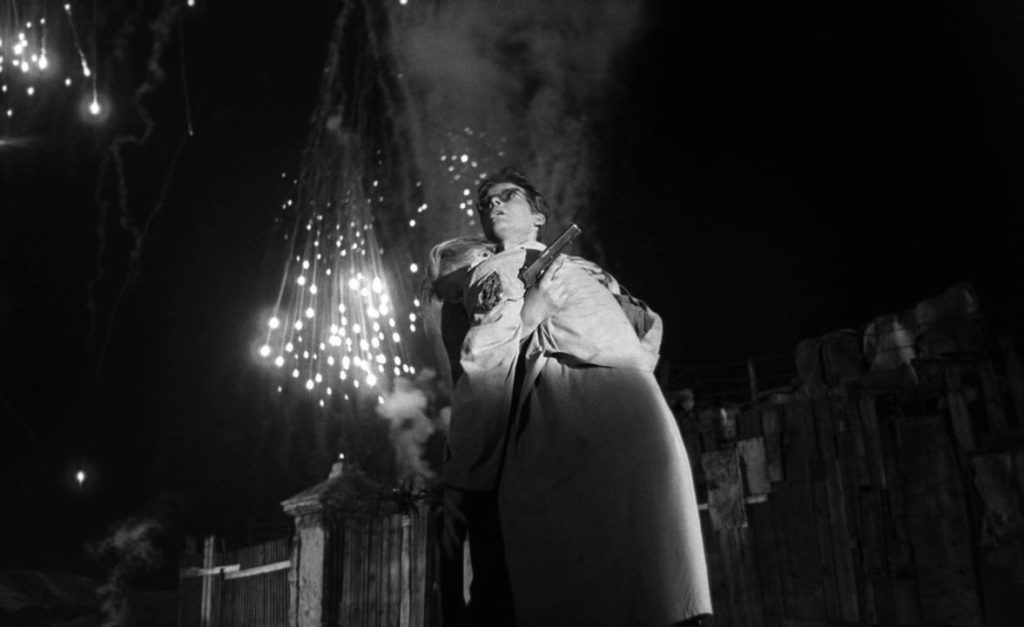
Andrzej Wajda fills the movie with striking visuals, such as viewing Maciek’s love interest, the waitress Krystyna (Ewa Krzyzewska), alone amidst the detritus of last night’s party, through billows of cigarette smoke. Wajda’s triumphant signature is, literally, fireworks at the climax; the juxtaposition of the celebratory fireworks with Maciek’s emotional crisis is unforgettable.
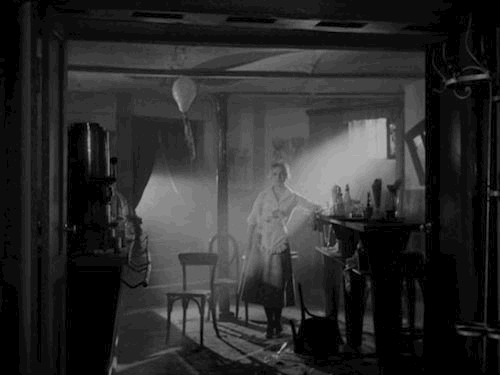
Wajda adapted a famous 1948 Polish novel into this 1958 movie. In the adaptation, the filmmaker changed the emphasis from one character to another.
Ashes and Diamonds was the third feature for Andrzej Wajda, who became a seminal Polish filmmaker and received an honorary Oscar. US audiences may remember his 1983 art house hit Danton with Gerard Depardieu.
Ashes and Diamonds can be streamed from Amazon and AppleTV. It was featured at the 2020 Noir City film festival.
